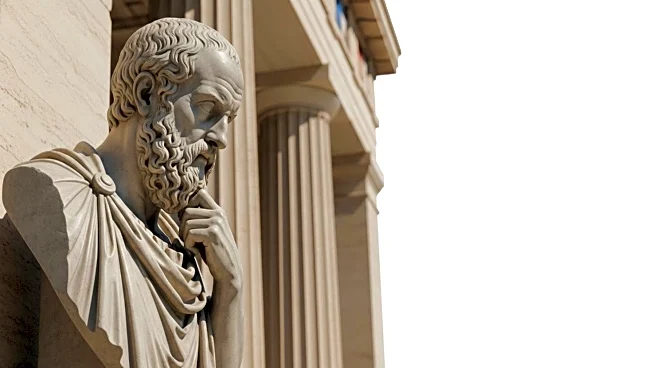Aristotle's philosophical legacy was created through his extensive writings and teachings, which covered a broad range of subjects. His establishment of the Lyceum and his role as a tutor to Alexander the Great were pivotal moments in the creation of his enduring influence.
Founding or Discovery
Aristotle founded the Lyceum in Athens, creating a hub for philosophical and scientific inquiry. This institution became a center for intellectual growth, allowing Aristotle to disseminate his ideas and influence future generations of thinkers.
Key Contributors
Aristotle's contributions were supported by his students and followers, who helped to expand and develop his ideas. His tutelage of Alexander the Great and other future leaders provided a platform for his teachings to influence political and intellectual spheres.
Design or Method
Aristotle's approach to philosophy was systematic and empirical, emphasizing observation and logic. His development of formal logic and the scientific method laid the groundwork for modern scientific inquiry, influencing the way knowledge is pursued and understood.
Early Reception
Aristotle's works were initially received with great interest and respect, influencing scholars and thinkers across various fields. His systematic approach to philosophy and science set the stage for future intellectual developments, establishing him as a foundational figure in Western thought.















